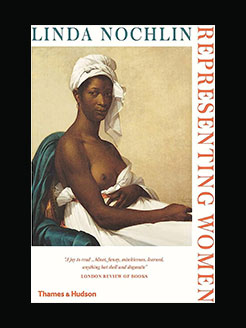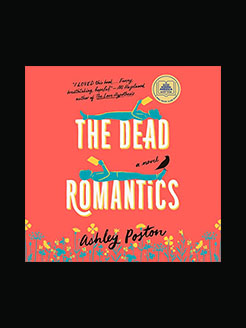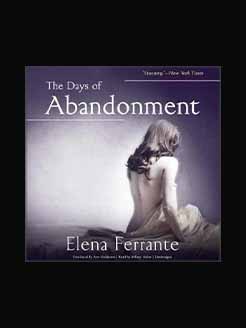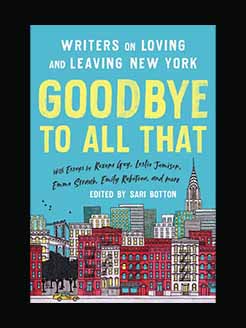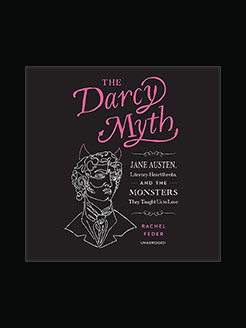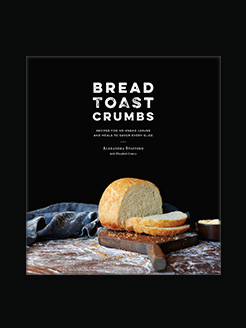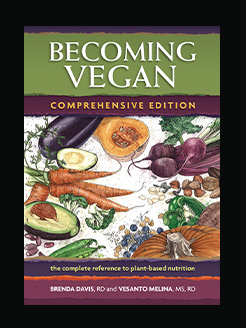Published in 2016 (first published 1957)
211 pages
Janet Frame – the fate befalling the young woman who wanted “to be a poet” has been well documented. Desperately unhappy because of family tragedies and finding herself trapped in the wrong vocation (as a schoolteacher) her only escape appeared to be in submission to society’s judgement of her as abnormal. She spent four and a half years out of eight years, incarcerated in mental hospitals. The story of her almost miraculous survival of the horrors and brutalising treatment in unenlightened institutions has become well known. She continued to write throughout her troubled years, and her first book (The Lagoon and Other Stories) won a prestigious literary prize, thus convincing her doctors not to carry out a planned lobotomy.
She returned to society, but not the one which had labelled her a misfit. She sought the support and company of fellow writers and set out single-mindedly and courageously to achieve her goal of being a writer. She wrote her first novel (Owls Do Cry) while staying with her mentor Frank Sargeson, and then left New Zealand, not to return for seven years.
What is this book about?
First published in New Zealand in 1957, Owls Do Cry, was Janet Frame’s second book and the first of her thirteen novels. Now approaching its 60th anniversary, it is securely a landmark in Frame’s catalog and indeed a landmark of modernist literature.
The novel spans twenty years in the Withers family, tracing Daphne’s coming of age into a post–war New Zealand too narrow to know what to make of her. She is deemed mad, institutionalized, and made to undergo a risky lobotomy.
Margaret Drabble calls Owls Do Cry “a song of survival”—it is Daphne’s song of survival but also the author was herself misdiagnosed with schizophrenia and scheduled for brain surgery. She was famously saved only when she won New Zealand’s premier fiction prize. Frame was among the first major writers of the twentieth century to confront life in mental institutions and Owls Do Cry is important for this perspective. But it is equally valuable for its poetry, its incisive satire, and its acute social observations. A sensitively rendered portrait of childhood and adolescence and a testament to the power of imagination, this early novel is a first–rate example of Frame’s powerful, lyric, and original prose.

